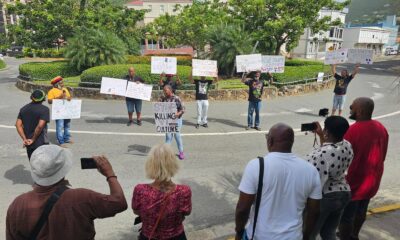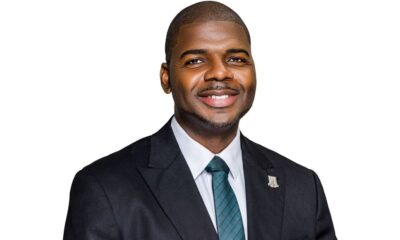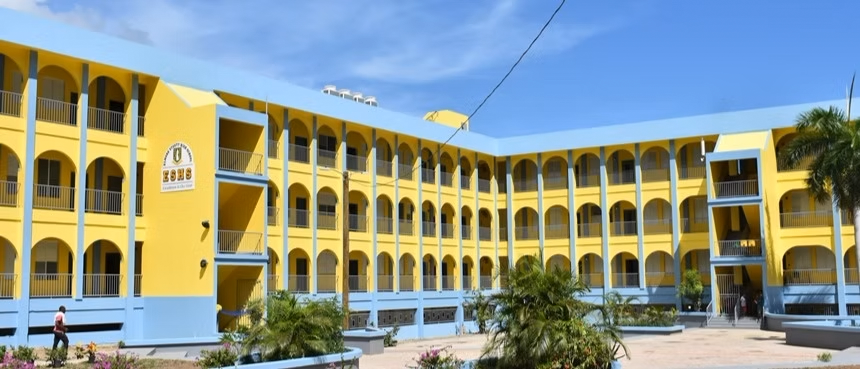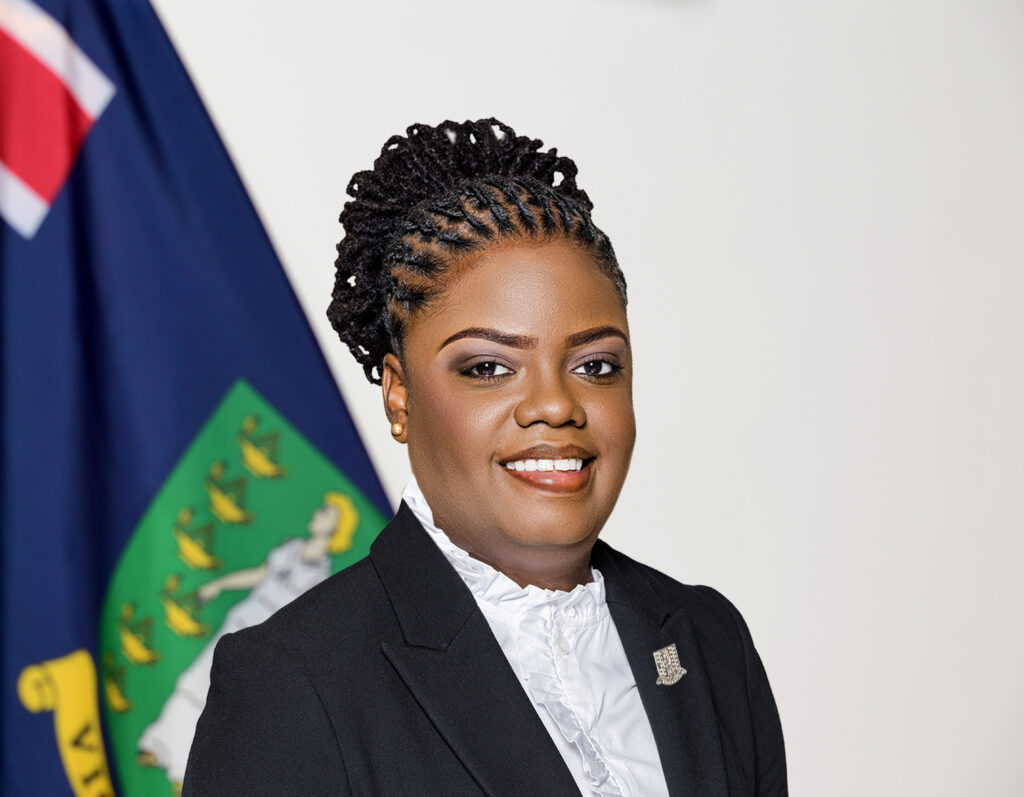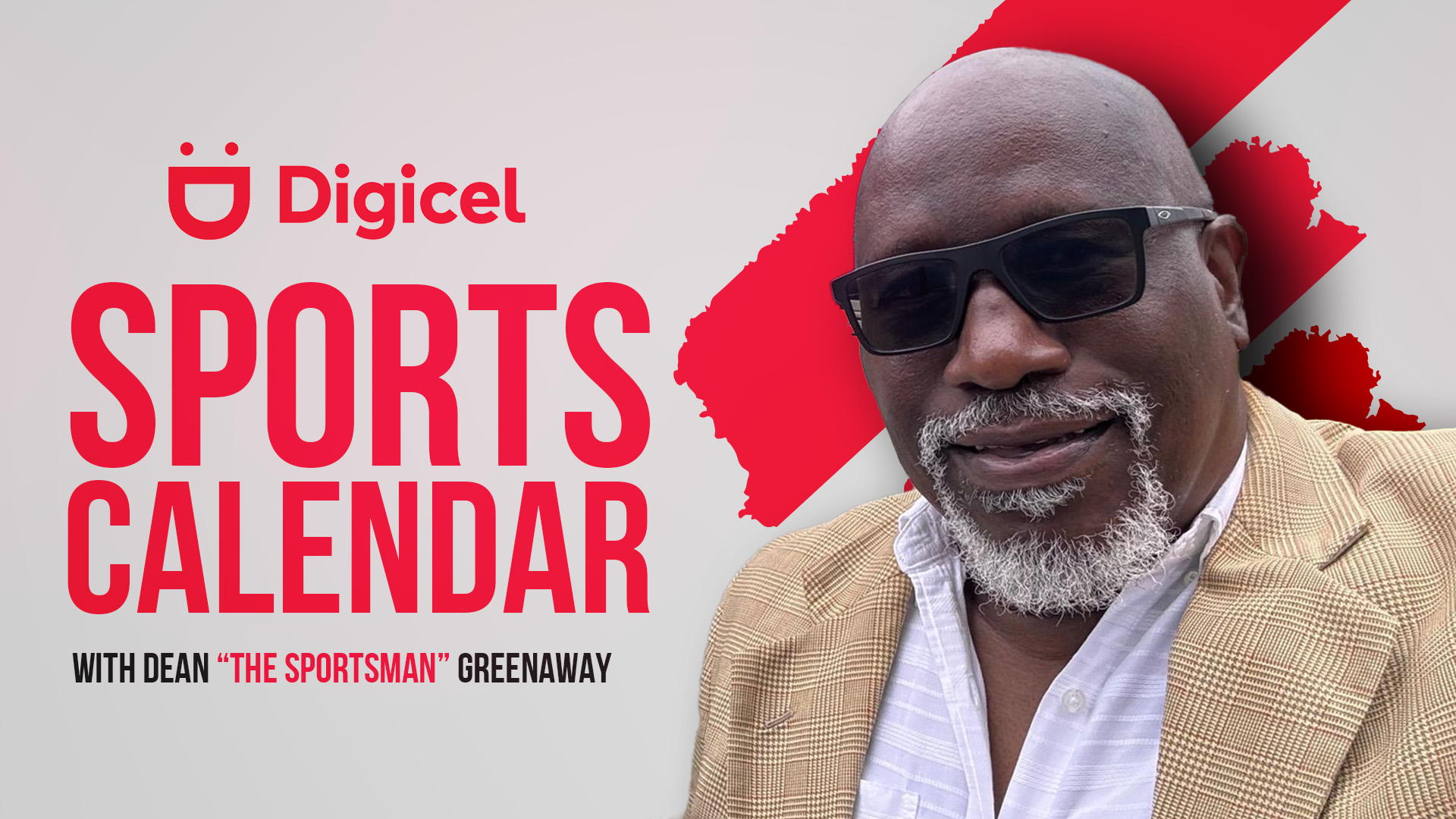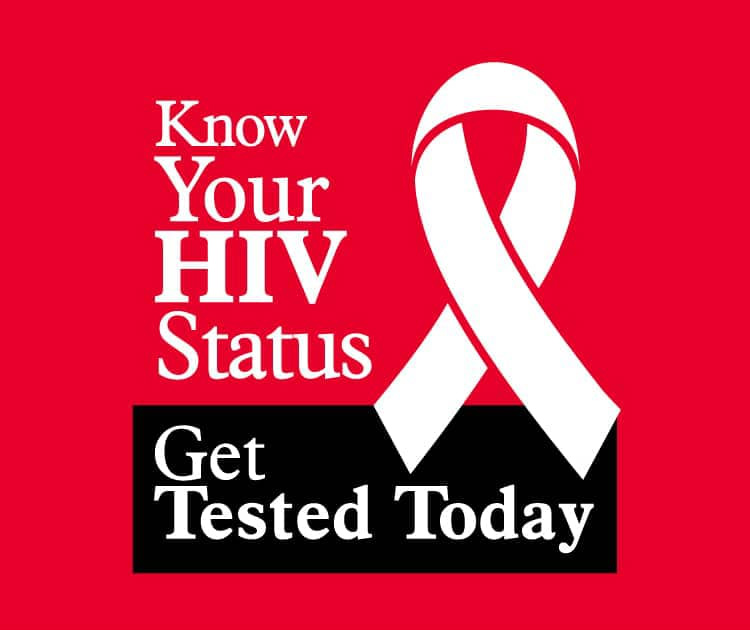Local News
Marcus Solomon Appointed as Director of Waste Management
In an effort to enhance and develop waste management solutions in the Territory, Mr. Marcus Solomon has been appointed as the Director of the Department of Waste Management. This appointment comes as the Ministry of Health and Social Development recognizes the need for improved waste management strategies.
Mr. Solomon brings with him a wealth of experience in public utility management. In his previous role as Senior Planning Specialist at the Trinidad and Tobago Ministry of Public Utilities, he conducted a comprehensive assessment of the Public Utilities Sector, including water and wastewater, solid waste management, postal services, and electricity.
Honourable Vincent Wheatley, the Minister for Health and Social Development, expressed confidence in Mr. Solomon’s ability to address the challenges faced by the waste management system. He emphasized the importance of reducing waste through recycling and other means, and believes that Mr. Solomon’s expertise will greatly contribute to the betterment of the Territory.
As the Director of Waste Management, Mr. Solomon will be responsible for the day-to-day operations of the department. His vision and strategic actions will guide the department in finding effective solutions to the waste management issues that plague the Territory.
Mr. Solomon’s appointment aligns with the Public Service Transformation initiative, championed by Acting Governor Mr. David Archer Jr., which aims to create a public service that meets and exceeds the needs of the Territory. The Acting Governor expressed excitement about Mr. Solomon joining the Ministry and highlighted his experience in policy development and innovative waste management solutions.
Speaking about his appointment, Mr. Solomon shared his passion for the environment, which was sparked during his studies in environmental and social economics. Over the past seven years, he has been dedicated to developing policies and strategies to transform waste management practices and expand the waste management industry.
Mr. Solomon expressed his enthusiasm for working closely with the citizens and government of the Virgin Islands to make the Department of Waste Management a global standard in waste management. He holds a Bachelor of Science in Economics from the University of the West Indies, a Master of Business Administration from Heriot-Watt University, and a Post-Graduate Certificate in Project Planning, Appraisal, and Management.
The Government of the Virgin Islands remains committed to ensuring a cleaner and safer territory for all residents by establishing an excellent waste management system. With Mr. Solomon at the helm, the Department of Waste Management is poised to achieve new heights and set a global example in waste management practices.
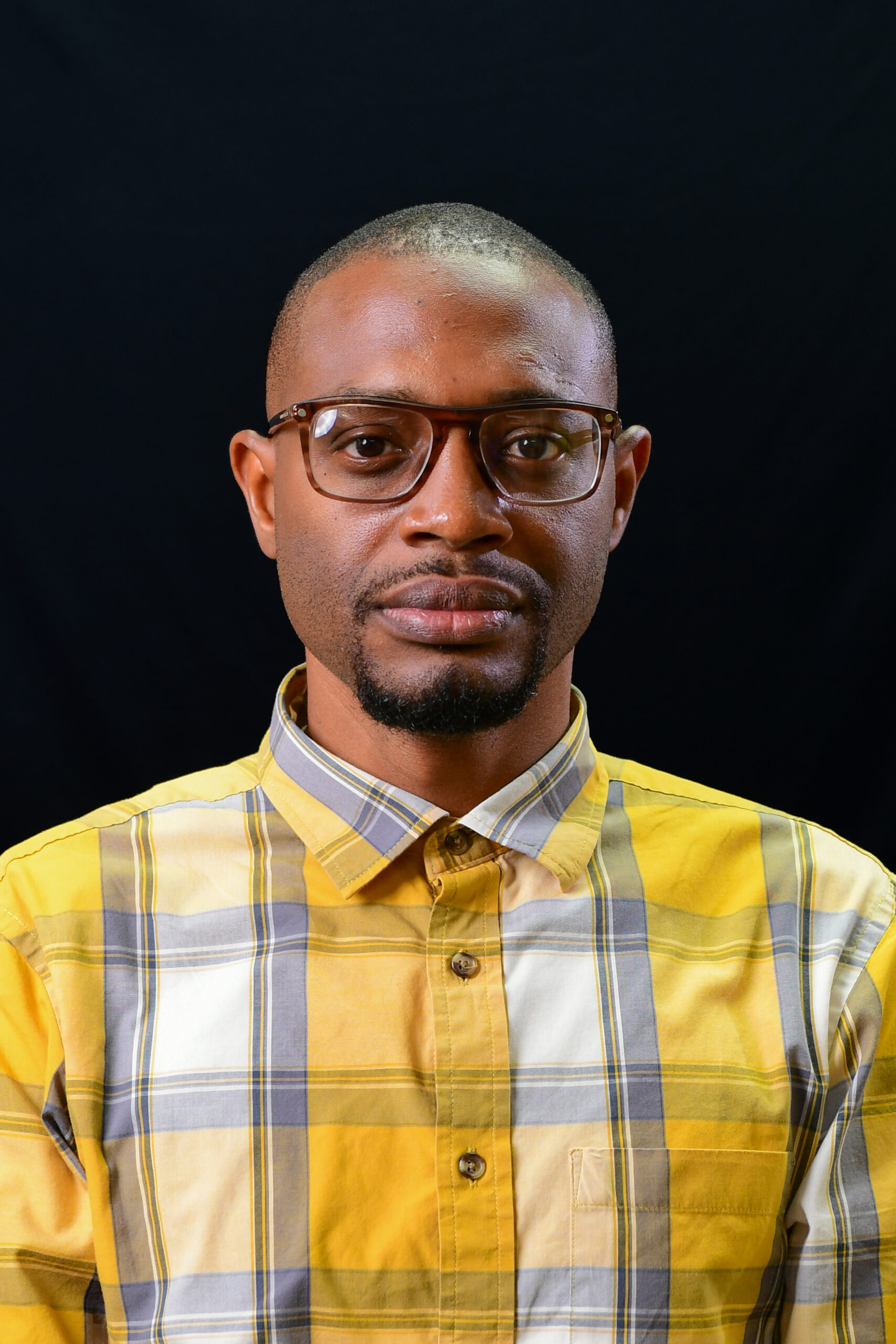
International
Overseas Territories Honoured for Strategic Value, Deepening Ties with UK
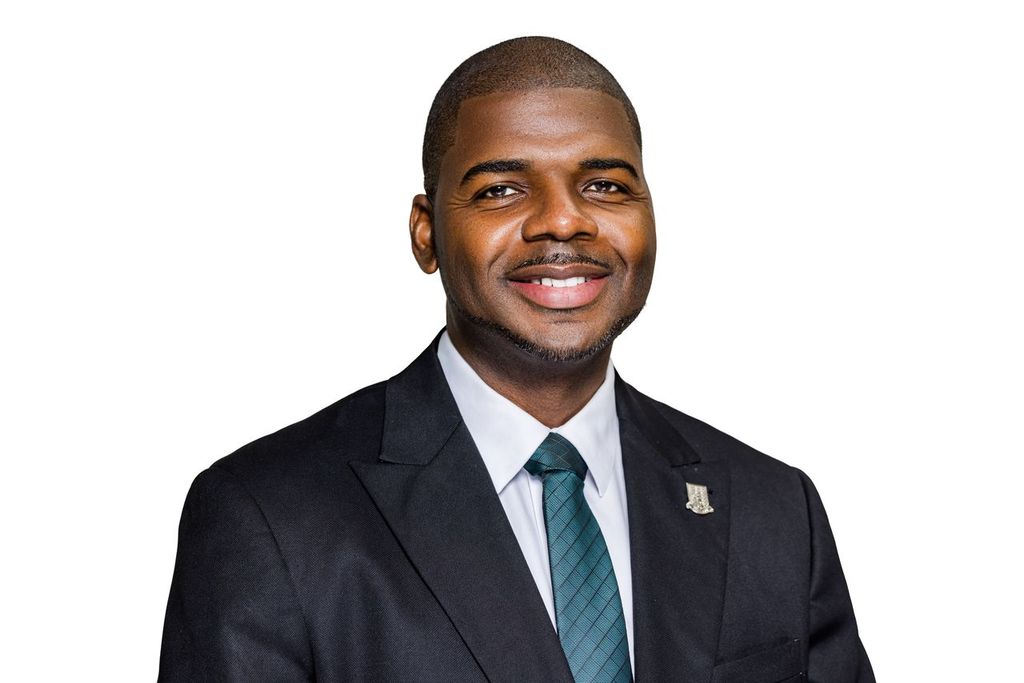
Against the backdrop of growing global uncertainty and shifting geopolitical alliances, the United Kingdom reaffirmed its commitment to its Overseas Territories this week during the observance of the Second Annual Overseas Territory Day. The event, championed by UK and Territory leaders alike, underscored the critical role these regions play in defense, environmental security, and Britain’s wider international footprint.
Speaking in his capacity as President of the United Kingdom Overseas Territories Association (UKOTA), Premier of the Virgin Islands Dr. the Hon. Natalio Wheatley described the occasion as an opportunity to reflect not only on the Territories’ vital roles in areas like security and environmental stewardship, but also on the “mutual respect and collaborative growth” that continues to define their relationship with the UK.
“Overseas Territories are not only vibrant communities rich in culture and heritage,” Premier Wheatley said in a statement Tuesday. “They are vital partners in the UK family… their contribution to the UK’s global presence and values cannot be overstated.”
Observed annually on the first Monday of June, Overseas Territory Day was marked in London with a series of ceremonial events, including a flag-raising at Parliament Square, a choral evensong at the Guild Church of St Lawrence Jewry, and a formal reception at Speaker’s House hosted by House of Commons Speaker Sir Lindsay Hoyle. The Virgin Islands was represented by UKOTA Chair and BVI Representative Tracy Bradshaw.
This year’s theme — “The Strategic Importance of the Overseas Territories and the Enduring Significance of our Constitutional Relationships with the United Kingdom” — reflected a growing focus on the Territories’ role in Britain’s global influence, particularly amid shifting geopolitical dynamics and climate-related vulnerabilities.
From the Caribbean to the South Atlantic, the Premier noted, Overseas Territories continue to punch above their weight. Citing efforts in renewable energy, biodiversity protection, and disaster preparedness, Dr. Wheatley praised the Territories for “thinking globally while acting locally.”
“These qualities not only define the character of our communities,” he said, “but also underpin their strategic relevance and global reach.”
Tuesday’s remarks also touched on the importance of responsible self-governance and ensuring that the voices of Overseas Territories remain central to policymaking at the UK level.
“We remain focused on ensuring their voices are not only heard but are instrumental in shaping policy and partnership,” Wheatley said.
The Premier closed with a call to unity and long-term vision, urging stakeholders to maintain momentum in advancing sustainable development, deepening constitutional ties, and building a legacy defined by “strategic cooperation, constitutional respect, and mutual progress.”
As Britain redefines its global relationships post-Brexit, events like Overseas Territory Day provide a moment to assess how longstanding ties — rooted in history but looking toward the future — continue to evolve.
Education
BVI Records Over 85 Student Suspensions in Early 2025
Education
HLSCC Advances Institutional Reforms, Eyes Four-Year Degree Accreditation
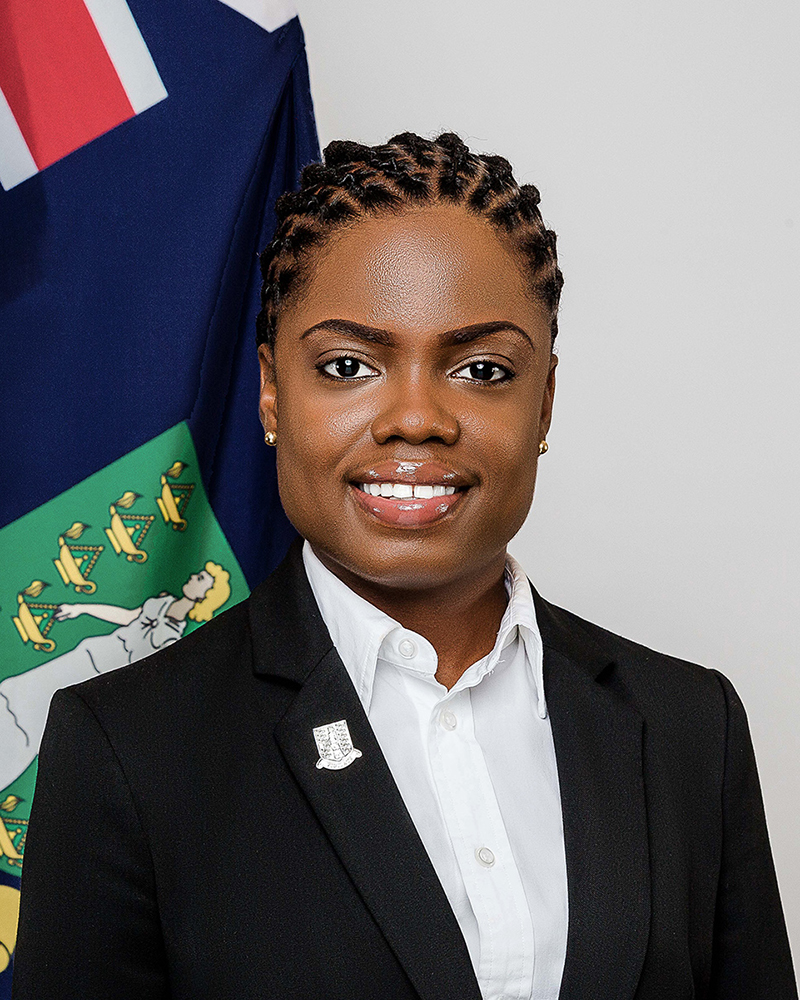
The H. Lavity Stoutt Community College (HLSCC) is undergoing a period of significant institutional reform, driven by a mandate to strengthen its organizational effectiveness and expand academic opportunities. That was the message delivered on Tuesday by Hon. Sharie B. de Castro, Minister for Education, Youth Affairs and Sports, during the Fifth Sitting of the Second Session of the Fifth House of Assembly.
With support from the Ministry of Education and the College’s Board of Governors, HLSCC has recorded steady gains across student enrolment, programme development, policy compliance, and strategic planning. Between Fall 2020 and Fall 2024, overall enrolment showed modest fluctuations, with full-time student numbers experiencing an early decline before showing partial recovery. In contrast, part-time enrolment increased steadily and now accounts for 54 percent of the 705 students enrolled in associate and certificate programmes. The rising demand for flexible and modular study options has prompted the College to place more emphasis on maintaining quality and support systems for part-time learners.
There has also been a gradual increase in male student enrolment—from 35 percent in 2020 to 41 percent in 2024—a development linked to expanded offerings in technical and marine studies. Business and computer science continue to dominate as the most popular programmes, attracting an average of 280 students annually. Meanwhile, the establishment of the Institute of Education has strengthened academic offerings in teacher preparation, with over 50 students annually pursuing degrees and certificates in education.
HLSCC currently holds accreditation through the Middle States Commission on Higher Education (MSCHE), with its next renewal due in 2028. In preparation, the College has launched a self-study process and is expecting a site visit in 2027. Among the College’s most successful initiatives is the Dual-Enrolment programme, which maintains a steady upward trajectory with about 80 students per year. The programme reflects strong collaboration with both public and private secondary schools and plays a critical role in ensuring students are better prepared for postsecondary education. The Ministry and the College are now working on further expansion of this programme, including targeted offerings in technical subjects and increased focus on college-readiness.
Additionally, students are preparing to sit for Caribbean Advanced Proficiency Examinations (CAPE) in biology, mathematics, and physics this year, following information sessions held by the College to encourage participation in CAPE studies. Financial support from the government has also increased. Over the past year, the Ministry of Education provided an additional $900,000 to the College to help meet its strategic goals and enhance the delivery of higher education.
Institutional reforms have also focused on governance. The Board of Governors approved or revised several internal policies to meet accreditation requirements and address recommendations stemming from the Commission of Inquiry. These include updated policies on academic freedom, faculty and staff appointments, performance evaluation, contract management, compensation and benefits, retirement, and student academic integrity.
A major component of the College’s recent reform was a comprehensive compensation review conducted by Ernst & Young from April to November 2024. This consultancy aligned with broader compensation reforms across the Virgin Islands public service. Minister de Castro, who has consistently advocated for fair and competitive compensation for educators, noted that the College’s salary structures had not been formally reviewed since 2009, apart from a 3 percent increment approved by the Board in 2023. The EY report recommended simplifying and increasing faculty salary bands to bring them in line with government compensation frameworks, with salary increases tied to performance and career development. The report also advised that compensation decisions be governed by transparent, formalised policy.
In response, HLSCC adopted a new simplified salary band structure that is now reflected in job advertisements. Faculty salaries saw a 35 percent increase in starting salary bands, and existing faculty whose salaries fell below the new benchmarks received adjustments retroactive to January 1, 2025.
Looking ahead, the College has been given a mandate by the Minister to explore the feasibility of offering four-year bachelor’s degrees in strategic disciplines. Initial work has begun toward the accreditation of a bachelor’s degree in education, aimed at addressing a well-documented national shortage of trained educators.
As HLSCC marks its 35th anniversary, it continues to pursue its mission of providing quality academic programmes backed by international accreditation, multiple articulation agreements, and a growing alumni base contributing to the economic and social development of the Virgin Islands.
ADVERTISEMENT:


-
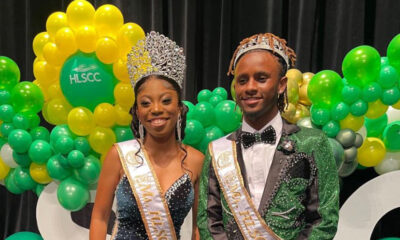
 Entertainment3 days ago
Entertainment3 days agoK’Meeya Chung and Dakarai Wheatley-Adams Crowned Miss and Mr. HLSCC 2025
-
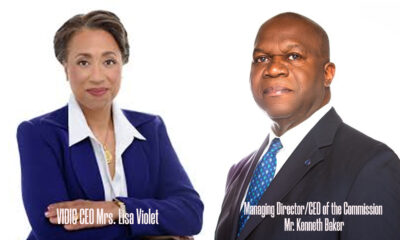
 Uncategorized5 days ago
Uncategorized5 days agoBritish Virgin Islands Regulators Move to Wind Down Bank of Asia (BVI) Limited
-

 Entertainment5 days ago
Entertainment5 days agoNeil Frett Named Honouree as 71st Virgin Islands Emancipation Festival Officially Launched
-

 Local News5 days ago
Local News5 days agoBVI U19 Rugby Squad Departs for Dominican Republic Development Tour
-
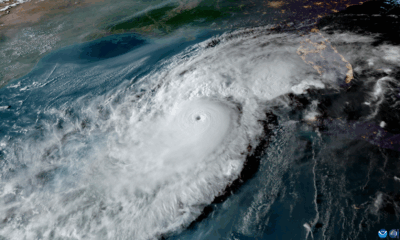
 Local News3 days ago
Local News3 days agoCaribbean Braces for Active 2025 Hurricane Season
-
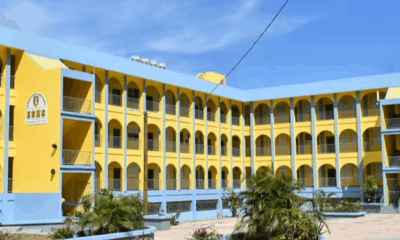
 Education2 hours ago
Education2 hours agoBVI Records Over 85 Student Suspensions in Early 2025
-

 Uncategorized1 week ago
Uncategorized1 week agoChantel Malone Leaps to First Place Amid Headwinds at Tucson Elite Classic:
-
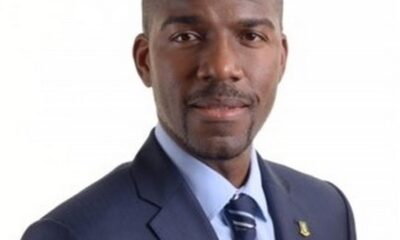
 International5 days ago
International5 days agoBVI Urges UK and Other Colonial Powers to Support Self-Determination of Remaining Territories


